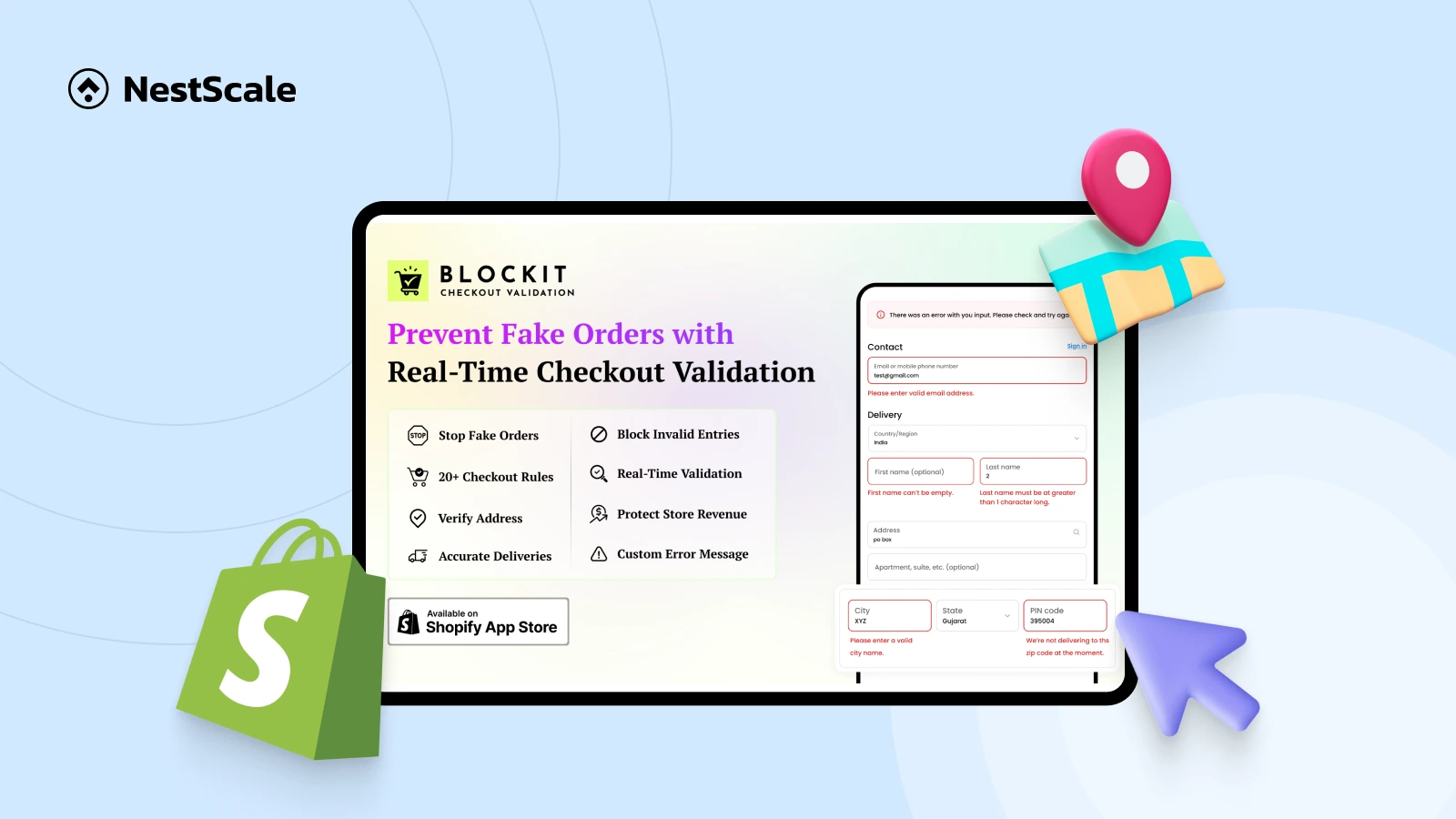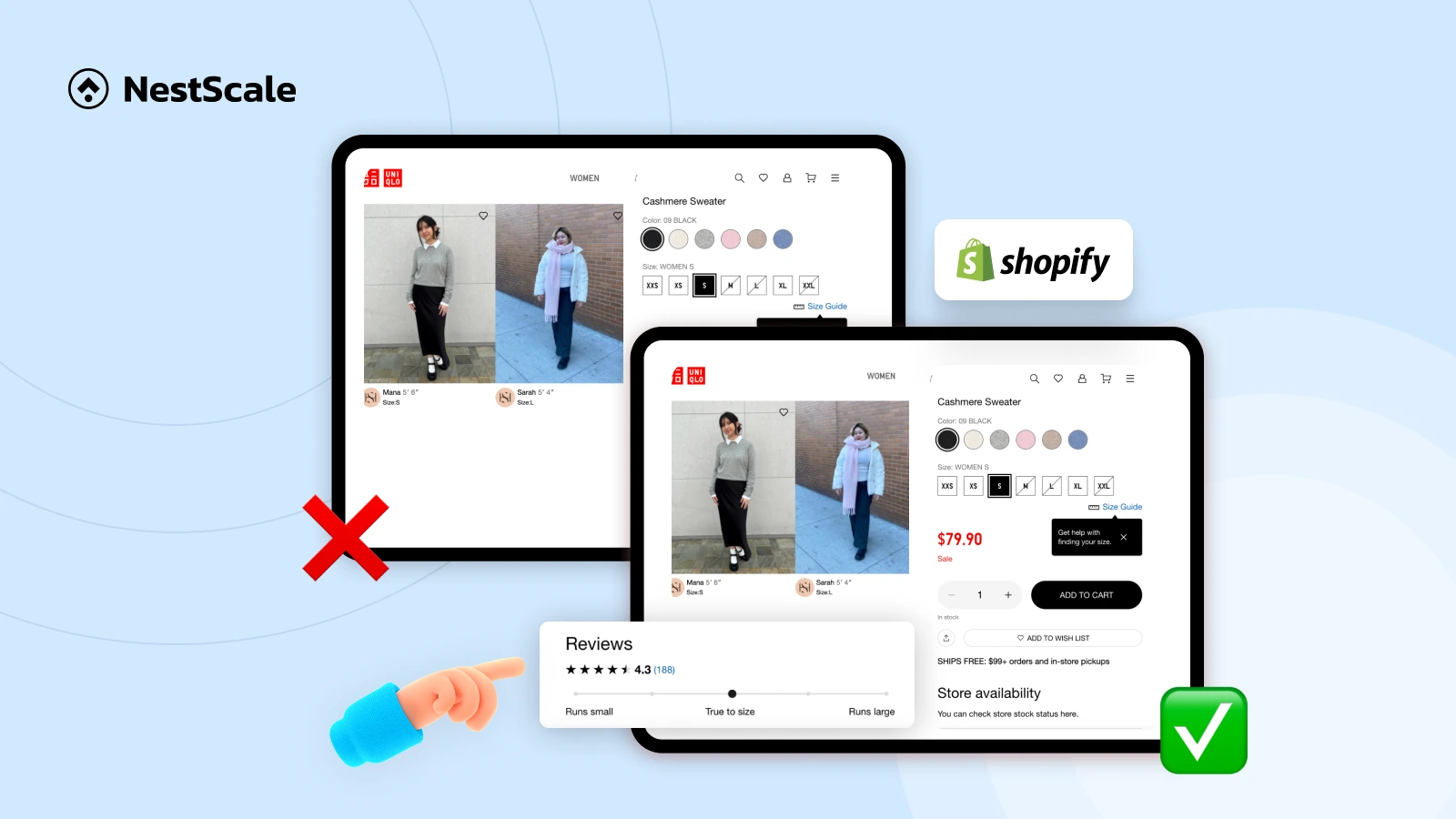Empathy is a necessary skill that any support agent should have to better handle different customer situations. When you are empathetic with the problems customers face, they will feel understood and heard.
However, it is tough to master this skill as it is associated with emotion which you have to deal with numerous customers to gain. No worries, this article will provide you 3 empathy exercises for customer service that you can try
What is an empathy exercise in customer service?
So, an empathy exercise in customer service is basically when you put yourself in your customer’s shoes and try to feel what they might be feeling. You know how sometimes when you’re talking to customer support and they just sound like a robot reading from a script? That’s not very helpful or satisfying, is it?
But if you can empathize with your customer, you can make a real connection and help them out in a way that’s actually useful. It’s like when you’re hanging out with a friend and they’re telling you about their problems – you don’t just ignore them or tell them to suck it up, right? You listen, you offer support, and you try to understand where they’re coming from.
So when you’re running your ecommerce store, try to put yourself in your customer’s shoes. If they’re upset because their order is late, think about how you would feel if you were waiting on something important. If they’re confused about how to use your website, try to imagine how you would feel if you were in their position.
Once you can empathize with your customer, you can start to address their concerns in a way that’s genuinely helpful. You can offer them solutions, give them advice, and make them feel heard and understood. And that’s how you build a loyal customer base that will keep coming back to your store.
5 reasons why utilize empathy exercise in customer service is so important
Builds customer loyalty
By taking the time to understand their needs and concerns, customers feel valued and appreciated, which can lead to a stronger bond with the brand. This emotional connection can make customers more likely to return to the business for future purchases, as well as recommend it to others.
Additionally, customers who feel heard and understood are more likely to overlook minor issues and continue doing business with a company that has shown them empathy, even in the face of competition.
Improves customer satisfaction
When customers feel that their concerns are being heard and understood, they are more likely to feel valued and appreciated, leading to increased satisfaction with their experience.
Empathy allows customer service representatives to respond in a way that is tailored to the customer’s specific needs, which can make them feel more positive about their interaction with your business.
By prioritizing empathy in customer service interactions, ecommerce businesses can create a more positive and satisfying experience for their customers.
Creates positive word-of-mouth
When customers have a positive experience with an ecommerce business, they are more likely to share their experience with their friends and family, both online and offline. This positive word-of-mouth can be a powerful marketing tool for the business, as it can attract new customers and increase brand awareness.
By showing empathy towards customers, an ecommerce business can increase the likelihood of customers having a positive experience, which can in turn lead to more positive word-of-mouth.
Additionally, when a customer feels they have been treated with empathy, they are more likely to leave positive reviews and recommendations online, which can further amplify the positive word-of-mouth effect.
Reduces negative reviews
This benefit can be especially important in the age of social media, where negative reviews can quickly spread and damage a business’s reputation. By showing empathy towards customers, businesses can address their concerns and complaints in a way that is respectful and understanding, which can help to prevent negative reviews from being posted in the first place.
Additionally, customers who have had a positive experience with a business are more likely to leave positive reviews, which can help to counterbalance any negative reviews that may arise.
Resolves complaints effectively
Empathy plays a crucial role in resolving complaints effectively in ecommerce customer service. When a customer is upset or frustrated, they want to feel that their concerns are being heard and understood. By demonstrating empathy, customer service representatives can create a connection with the customer and gain a deeper understanding of their issue.
This allows the representative to respond in a way that is more likely to address the root of the problem and provide a satisfactory solution. Therefore, showing empathy is key to not only resolving complaints but also ensuring a positive customer experience.
How to practice empathy exercise in customer service
We all know the importance of empathy in customer service. However, understanding and practicing empathy are two different things.
Some of the resources listed below can provide you with a better understanding of how to apply empathy in customer service.
Use the time to read and listen carefully
Anyone who has ever worked in customer service will be familiar with supporting customers over the phone or in person. In these cases, it is critical to pay great attention and maintain eye contact when talking with customers. This way, you will not only better understand their challenges but also know how they feel about your customer service based on their tone of voice and body language.
Paraphrase and confirm your customer requests
You don’t always have a complete view of your customer’s difficulties. Paraphrasing their requirements would be an excellent approach to determining whether or not you both are on the same page. In fact, paraphrasing the request is so powerful that it is used by customer service teams as an empathic strategy to gratify clients.
Stay positive and be patient
It’s simple to empathize with the first customer of the day. However, in order to treat the final customer in the same manner as the first, you must remain happy and motivated.
Steer clear of judgment and remember to treat customers well.
Find ways to keep your head throughout the day, whether by taking a little break or doing small stretches. Believe me! Treating yourself nicely would be a way to show empathy for customers.
Make customers feel respected
There are a lot of ways for customer service teams to show respect to customers. Greeting people by their name is definitely the best way to get off on the right foot. It is also an opportunity for you to introduce yourself and what you can deliver for them as a helpful resource.
Respect is also derived from the act of expressing empathy. You could never meet all of your consumers’ needs, no matter how hard you tried. As such, using sympathetic words when talking with customers could be a terrific method to lessen this unpleasant scenario.
3 Empathy exercises for customer service you should know:
Active listening
Establishing improvisation sessions like customer role-playing can help employees cultivate a number of skills that convey empathy.
Active listening is one of the integral skills related to empathy. Active listening helps to create rapport and trust by displaying that you are paying attention to what customers are saying.
How to practice the exercise
You can team employees up in pairs, and let them role-play a random customer service scenario that calls for empathy.
One will act as a customer with a complaint or special request, and the other member will be the support agent. Take it, in turn, to make sure that all employees can immerse in the improvisation.
By doing this, you can create a great environment for employees to force themselves to listen to what customers might complain about and be proactive in the conversation.
Defending unreasonable requests
Dealing with irritable and unreasonable customers is an unavoidable thing for any support agent. Sometimes, customers give you unreasonable demands, but stay calm and handle the situation in a professional manner.
You might not be able to fulfill all the requests, but you don’t want the customer to go away and have a bad experience with your brand.
How to practice the exercise
Have employees recalled a time they had to deal with unusual customer requests? One person tells the story about the situation, and the other person will listen closely and, simultaneously, make mental notes of the key details.
The person who acts as the employee would try to understand the customer’s position by:
- Why did customers make these requests?
- How did they feel?
- What would affect them?
Sharing our own stories
One of the best ways to hone empathic skills that most businesses overlook is to share personal stories. By sharing personal stories with your teammates, employees can know more about unusual situations, hence, self-equip with unfamiliar requests.
How to practice the exercise
Establishing the sharing sessions. Let all employees participate in and allow them to express their stories and emotion:
- Sharing session in which you discuss some typical customer complaints. Then, encourage everyone to share similar situations they’re gone through. Asking for a different perspective and personal approach for the typical request. This can help everyone have a better understanding of customer experience.
- Team meetings have both positive and negative outcomes. These crucial meetings keep staff motivated and provide an opportunity to get real with each other.
Ready to elevate your ecommerce business to the next level?
Empathy is a crucial skill in customer service, and applying it can improve customer satisfaction, loyalty, and generate positive word-of-mouth. Empathy exercises can help support agents master this skill, but understanding and practicing empathy are different things.
One way to simplify the process is by using NestDesk, an all-in-one customer support application that can centralize conversations from multiple channels and deliver personal responses, ultimately generating sales from one inbox. By employing NestDesk, ecommerce businesses can improve customer support by showing empathy, resolving complaints effectively, and building a loyal customer base that keeps coming back to the store.
So why not give NestDesk a try and see how it can elevate your ecommerce business to the next level?


























































